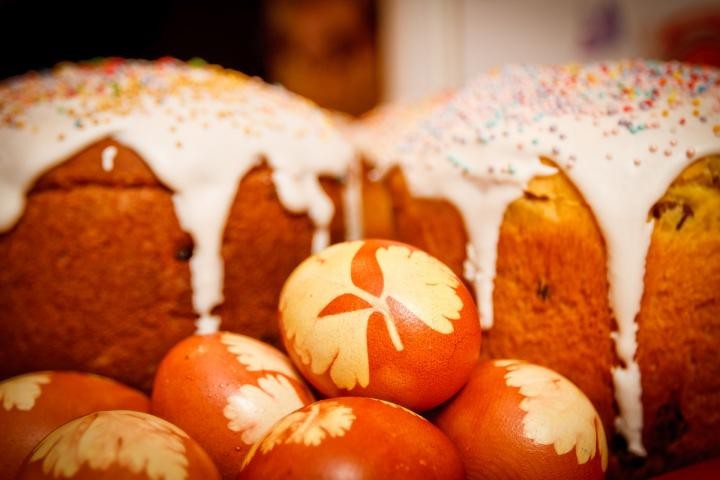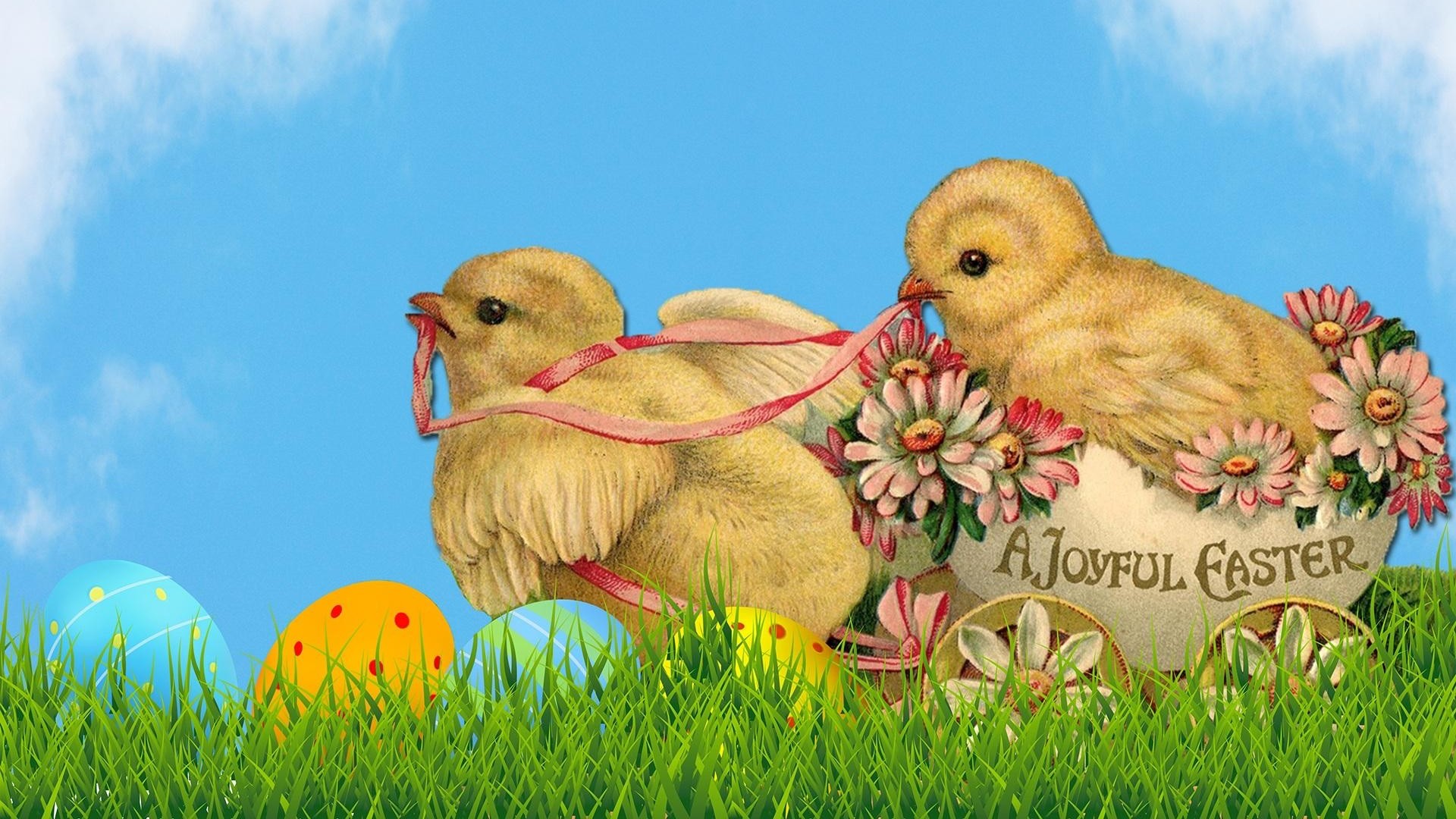Easter Sunday is a cornerstone of the Christian faith, but what exactly is Easter Sunday? It’s a question that delves into history, tradition, and the very heart of Christian belief. This comprehensive guide explores the meaning of Easter Sunday, its origins, how its date is determined each year, and the rich tapestry of customs associated with this pivotal holiday.
Understanding the Core of Easter Sunday
Easter Sunday, also referred to as Resurrection Sunday or Pascha, commemorates the resurrection of Jesus Christ from the dead, a pivotal event in Christian theology. This resurrection symbolizes the triumph of good over evil, life over death, and hope over despair. It is the most sacred day in the Christian calendar, marking the culmination of Holy Week and the beginning of the Easter season.
When Does Easter Sunday Fall? A Look at the Dates
Easter Sunday is a “moveable feast,” meaning it doesn’t have a fixed date on the Gregorian calendar. In 2025, Easter Sunday falls on April 20th. However, the Eastern Orthodox Church, which uses the Julian calendar, also celebrates Easter on April 20th in 2025 (Gregorian calendar).
Here’s a glimpse at future Easter dates:
| Year | Easter Sunday (Gregorian calendar) | Eastern Orthodox Church (Julian calendar date converted to Gregorian) |
|---|---|---|
| 2025 | April 20 | April 20 |
| 2026 | April 5 | April 12 |
| 2027 | March 28 | May 2 |
| 2028 | April 16 | April 16 |


The Calculation Behind the Date: Lunar Cycles and the Equinox
The date of Easter is determined by a fascinating interplay of lunar cycles and the spring equinox. Easter Sunday always falls on the first Sunday after the Paschal Full Moon, which is the first full Moon occurring on or after the March equinox (also known as the vernal equinox).
The Christian Church simplifies the process by using March 21st as the fixed date for the spring equinox, regardless of the actual astronomical date. This is sometimes referred to as the “ecclesiastical” equinox.
What Happens When the Full Moon Coincides with the Equinox?
In instances where the full Moon occurs on the same day as the ecclesiastical spring equinox (March 21st), Easter is celebrated on the following Sunday. However, if the full Moon occurs before March 21st, Easter is determined by the next full Moon.
Exploring the History and Origins of Easter
The historical roots of Easter are complex and multifaceted. While it’s primarily a Christian holiday, its traditions and name may have connections to both religious and pagan influences.
The Paschal Connection: Passover and the Last Supper
The term “Paschal” is derived from Pascha, a Latin word stemming from Pesach, the Hebrew word for Passover. The Last Supper, the final meal Jesus shared with his apostles before his crucifixion, was a Passover feast. The connection between Easter and Passover highlights the significance of Jesus as the “paschal lamb,” sacrificed for the salvation of humanity.
The Etymology of “Easter”: Unraveling the Linguistic Mystery
The origin of the word “Easter” remains somewhat unclear. Some theories suggest it evolved from hebdomada alba, Latin for “white week,” referring to the white garments worn by newly baptized Christians during Holy Week. This phrase transformed into esostarum in Old German and eventually became Easter.
Alternatively, the Venerable Bede, a 7th-century Anglo-Saxon historian, proposed that the word “Easter” originates from Eostre, the Anglo-Saxon goddess of dawn and fertility. Early Christians may have adopted the name of the month in which the Feast of the Resurrection was celebrated—Eosturmonath (April)—to refer to the holiday itself.
Another possibility is that “Easter” is derived from an old German word for “east,” which, in turn, comes from a Latin word for “dawn.” In the past, easter could have meant “to turn toward the east” or “rising,” without any specific religious connotation.
Easter Traditions and Customs Around the World
Easter is celebrated with a diverse range of traditions and customs across the globe, reflecting local cultures and beliefs.
Religious Observances
- Church Services: Attending church services is a central aspect of Easter celebrations for many Christians. These services often include special music, scripture readings, and sermons focused on the resurrection of Jesus Christ.
- Holy Week: Easter Sunday marks the end of Holy Week, a period of reflection and remembrance that includes Maundy Thursday (commemorating the Last Supper) and Good Friday (commemorating the crucifixion).
- Lent: The 40-day period of Lent, which precedes Easter, is a time of fasting, prayer, and repentance for many Christians. In 2025, Ash Wednesday, the start of Lent, is on March 5th.
Secular Traditions
- Easter Eggs: Decorating and hunting for Easter eggs is a popular tradition, symbolizing new life and resurrection.
- Easter Bunny: The Easter Bunny, a mythical creature, delivers eggs and other treats to children on Easter morning.
- Easter Baskets: Easter baskets filled with candy, toys, and other gifts are a common tradition, particularly for children.
Culinary Delights
Traditional Easter dishes vary by region, but often include lamb, ham, eggs, and seasonal produce. Hot cross buns, sweet breads, and carrot cake are also popular Easter treats.
Finding the Rarest Easter Date
Over a 500-year period (from 1600 to 2099 AD), Easter is most frequently celebrated on March 31st or April 16th. However, long-term averages indicate that the rarest Easter date is March 22nd. Following closely are April 24th and March 23rd.
The Significance of the Golden Number
The Golden Number is a value used in calculations to determine the date of Easter. It represents a year in the Metonic cycle, a 19-year cycle in which the Moon repeats the dates of its phases.
To calculate the Golden Number for a given year, add 1 to the year, divide the result by 19, and the remainder is the Golden Number. For example, the Golden Number for 2025 is 12.
Reflecting on the Meaning of Easter Sunday
Easter Sunday is more than just a holiday; it’s a celebration of hope, renewal, and the triumph of life over death. It’s a time to reflect on the significance of Jesus Christ’s resurrection and its profound impact on Christian faith and belief.
From all of us at what.edu.vn, we wish you a Happy Easter filled with joy, peace, and reflection!